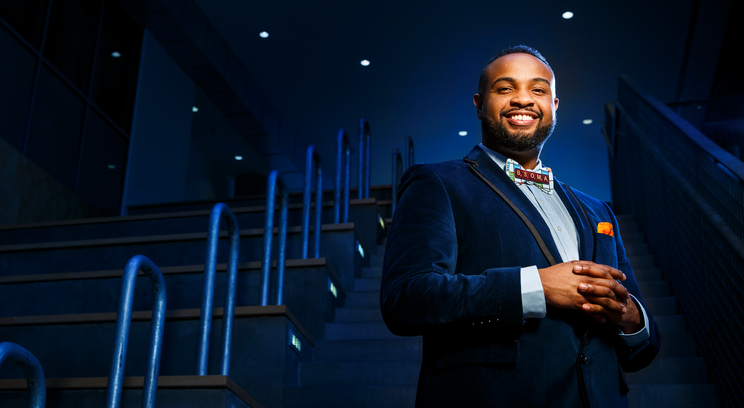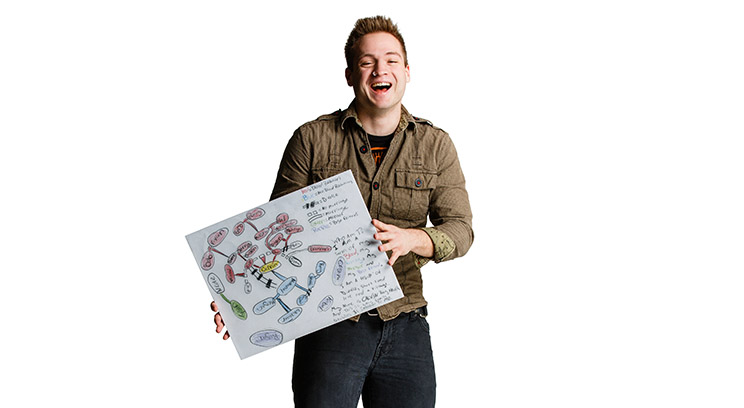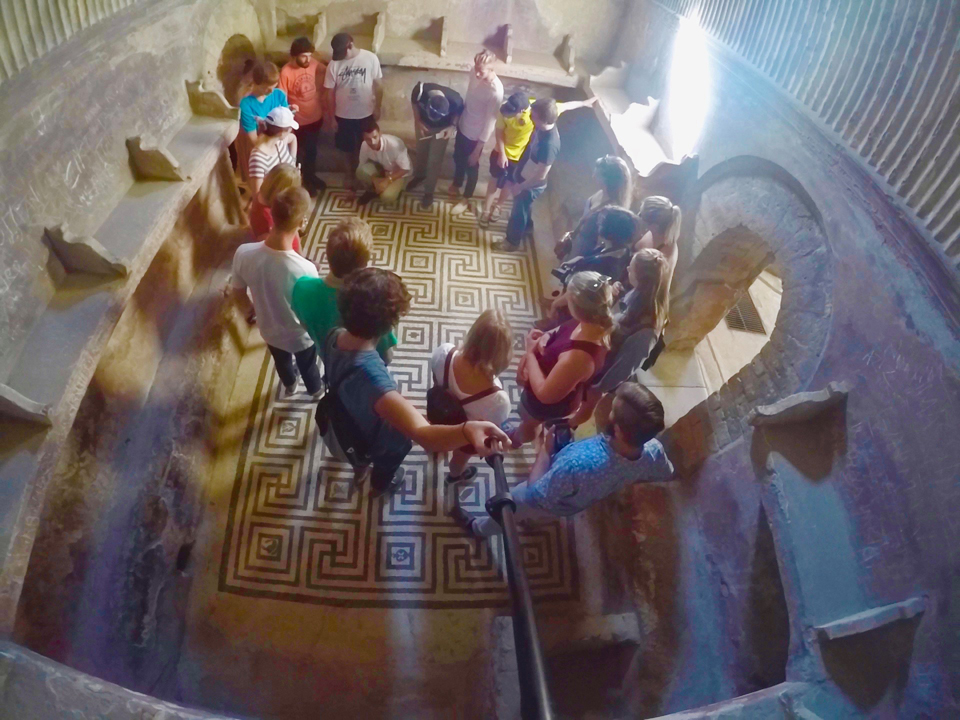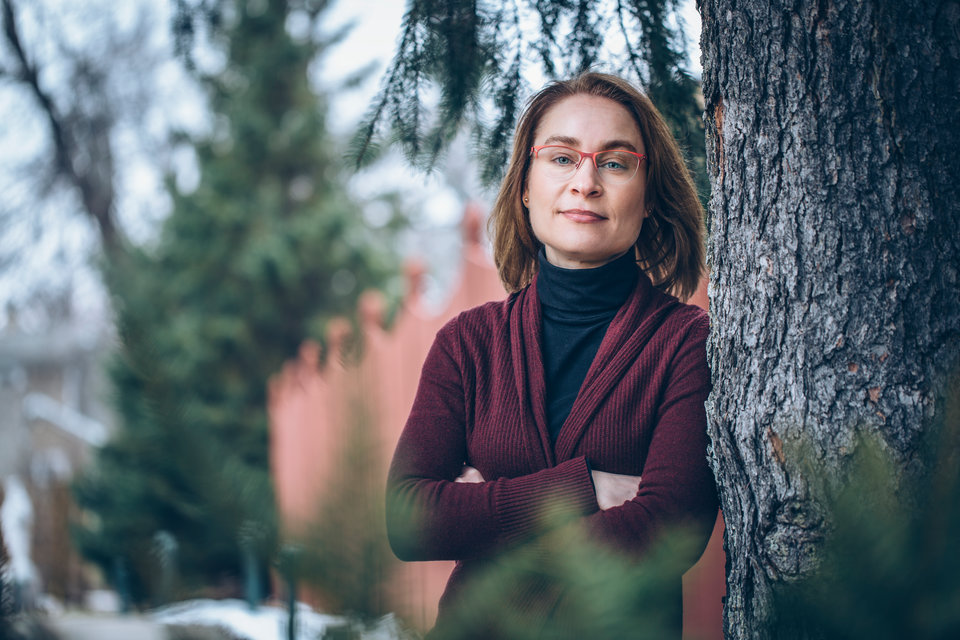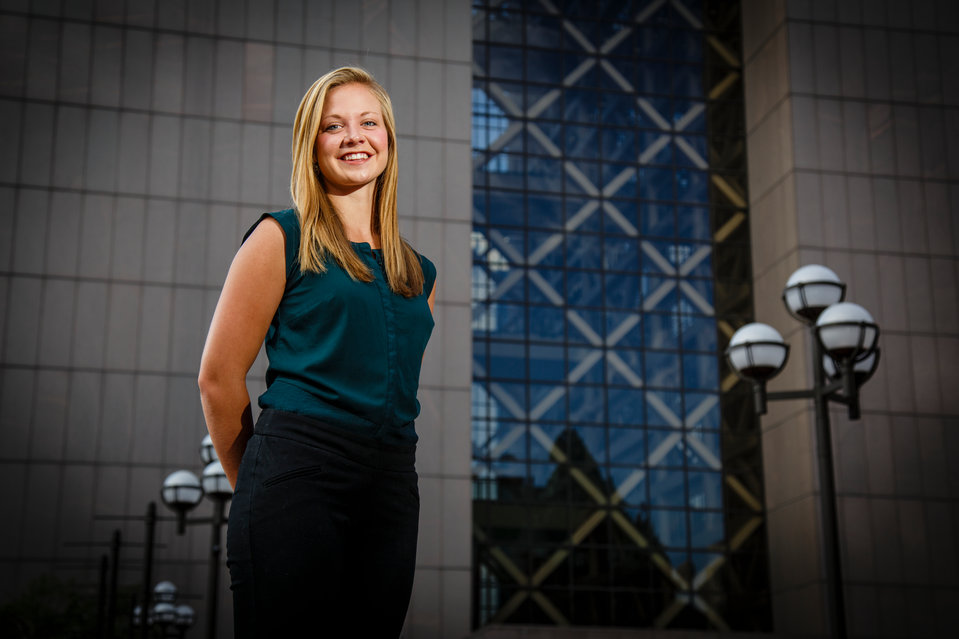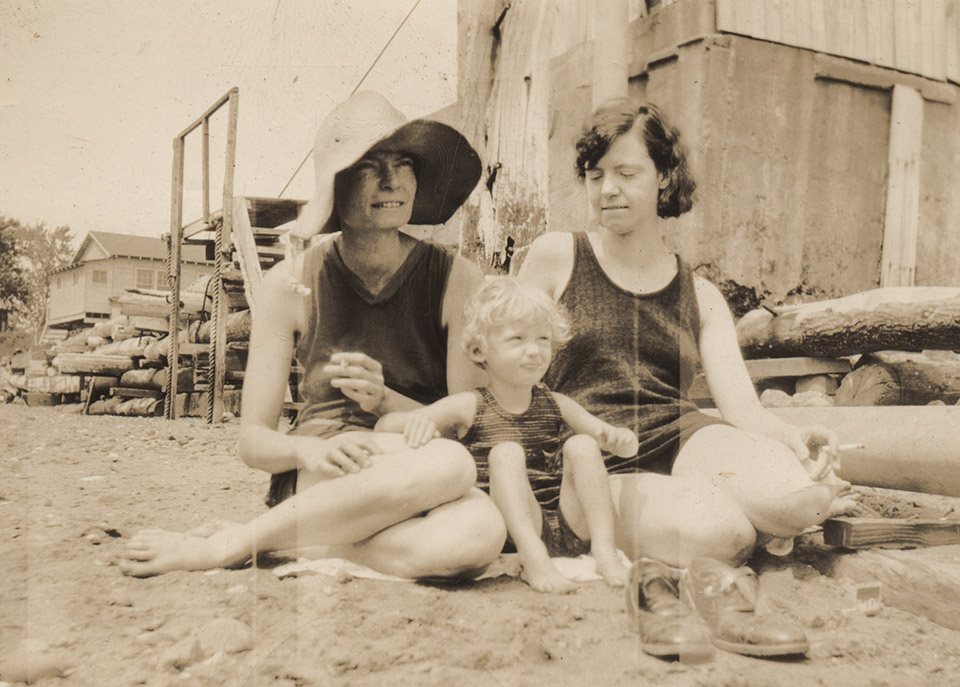David Billingsley knows the arts can save lives. He’s helping Twin Cities youth overcome poverty, hopelessness and gun violence through music, dance, theater and art. When it launches this fall, the Billingsley School of Music & Arts (BSOMA) will be one of the nation’s only nonprofit organizations that provides free arts access to underserved youth. Billingsley, who has been a worship pastor and toured nationally as a pianist, is pursuing a Master of Arts degree in music education at St. Thomas.
Q: After touring the globe as a professional musician and teaching music at several area schools, why was it important for you to further your own education by pursuing a master’s degree?
A: I learned at a young age that education is essential to getting anywhere in life. I grew up in the inner city of Racine, Wis. We didn’t have a ton of money; that was our reality. Education was the only way to get out of that reality. That’s why it’s important, especially for inner-city kids like me. Education is your lifeline.
Q: How has the St. Thomas master’s program helped you garner the skills needed for your leadership roles as founder and executive director at BSOMA?
A: Discussions with my St. Thomas professors gave me hands-on, tangible solutions to professional issues and things to think about that helped me develop the model for BSOMA. The program also made me look at my teaching philosophy and identify what it is I believe in, while examining why I do what I do and why I am who I am. It challenged me to work harder and think differently. It also opened doors to a lot of professional networking opportunities.
Q: How does founding a school of the arts for at-risk young people connect to the missions of the College of Arts and Sciences and the University of St. Thomas?
A: It is the mission. There is a huge achievement gap; we’re seeing a generation of young people wasted. The purpose of BSOMA is to change students’ lives through access to the arts. We have a responsibility, through the arts, to teach students what they need to know
to lead healthy lives, essential lives and lives that matter. That’s what UST is all about: advancing the common good, changing lives and improving them for the betterment of the people and the society we live in.
Q: What core values influence your philosophy of teaching the arts?
A: Arts instruction should be fun, relevant, engaging and impactful. I also believe in proficiency, creativity and improvisation. I feel like there’s a huge disconnect in our arts community. Either you read music or you play contemporary music by ear. Why not both?
The content we teach is what propels students and makes them better citizens. We must teach kids self-worth and what it takes to be both active artists and citizens. The art is just the drawing tool. The message in the art is what’s going to change their lives and help them see the world differently.
Q: Why do the arts matter to young people, especially the community of young people BSOMA serves? What is the need for this type of school in Minneapolis?
A: The arts matter to young people because the arts are universal. At the end of the day all kids want to express themselves. We not only want kids to be in the arts, we want kids to use art as an avenue to tell a story and connect with others in a different way.
The need for this type of school is great. Only 28 percent of Minnesota elementary schools offer all four arts disciplines. If our elementary schools aren’t providing arts education, our kids won’t get it. That’s another kid who could be the next Louis Armstrong, but no one put a trumpet in his hands.
Q: Describe a day in the life of a BSOMA student. How do you see the program shaping the future of your students?
A: Students will walk around our facility and know they matter. They’ll be told they have a voice and that this is a safe place to express themselves. They’ll mix and mingle with some of the best teachers and the most talented students in the city. It will be rigorous, and it will be fun. It will be relevant to them and their current living situation. They’ll hear music and see art forms from their time, art they relate to and that has an impact on them.
I see the program healing students and allowing them to dream again. When you give a student an instrument or put ballet shoes on their feet, it gives them a new reality of what they can become. That one moment could change a kid’s life forever.
Q: You started thinking about founding this school when you were 14. What prompted you to set this goal at such a young age? What has kept driving you to pursue this goal?
A: Growing up, I saw the effect music had on people, how it changed and inspired people. I also saw that I was the only black kid in my music classes. I grew up in the ’hood, but I just happened to have parents who had enough money to pay for lessons, to make that investment in me. That made me realize this was my calling.
The arts are the only reason I’m here today, successful and doing what I’m doing. They exposed me to different people and places I otherwise would have never had access to or been involved with. I know if the arts changed my life and helped me get out of poverty, they can do the same for any other kid.
Read more from CAS Spotlight.
